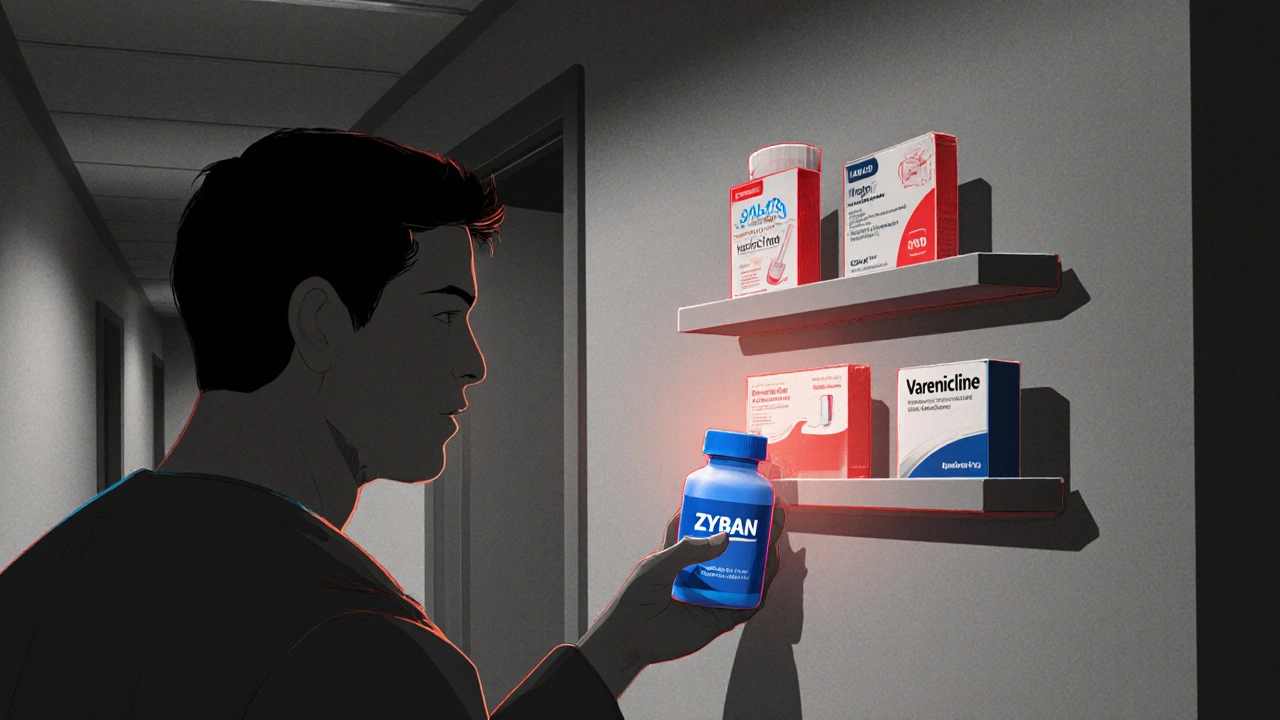Quit Smoking Meds: Effective Options, Side Effects, and What Actually Works
When you’re ready to quit smoking, quit smoking meds, medications approved to reduce cravings and withdrawal symptoms. Also known as smoking cessation aids, these aren’t magic pills—but they do double your chances of success compared to going cold turkey. The truth is, most people try to quit without help, and most fail. But if you’ve tried and failed before, it’s not because you’re weak. It’s because nicotine rewires your brain, and your body physically craves it. That’s where these meds come in—they help reset the system so you can focus on breaking the habit.
Nicotine replacement therapy, a group of products that deliver low, steady doses of nicotine without tobacco smoke. Also known as NRT, it includes patches, gum, lozenges, inhalers, and sprays. These work by slowly weaning your body off nicotine so you don’t get hit with full withdrawal all at once. They’re safe, widely available, and work best when combined with behavior changes—like avoiding triggers or finding new routines. Then there’s varenicline, a prescription pill that blocks nicotine from binding to brain receptors. Also known as Chantix, it reduces both cravings and the pleasure you get from smoking. Studies show it’s one of the most effective single drugs for quitting. Another option is bupropion, an antidepressant repurposed to help with smoking cessation. Also known as Zyban, it doesn’t contain nicotine but helps ease mood swings and irritability that come with quitting. Unlike NRT, it takes a week to build up in your system, so you start it before your quit date.
These aren’t the only tools out there, but they’re the ones backed by the most real-world data. You won’t find miracle cures in pharmacies or shady online ads. What works is science-backed, FDA-approved, and often covered by insurance. The key isn’t picking the "best" one—it’s finding the one that fits your life. If you hate swallowing pills, NRT gum or patches might be better. If you get intense cravings, varenicline might be worth the talk with your doctor. If anxiety or depression is part of your smoking habit, bupropion could help two problems at once.
Side effects? Yes, they exist. NRT can cause skin irritation or upset stomach. Varenicline might lead to vivid dreams or nausea—rarely, mood changes. Bupropion can cause dry mouth or trouble sleeping. But for most people, these are mild and short-lived. Far worse than any side effect is going back to smoking. The real risk isn’t the medication—it’s staying hooked.
Below, you’ll find detailed comparisons of these and other options—what they cost, how they stack up against each other, and who they work best for. No fluff. No hype. Just what you need to decide which path makes sense for you.

Zyban (Bupropion) vs Alternatives: Detailed Comparison for Smoking Cessation
A side‑by‑side look at Zyban (bupropion) versus other quit‑smoking options, covering how they work, success rates, costs, and key pros and cons.
More Detail